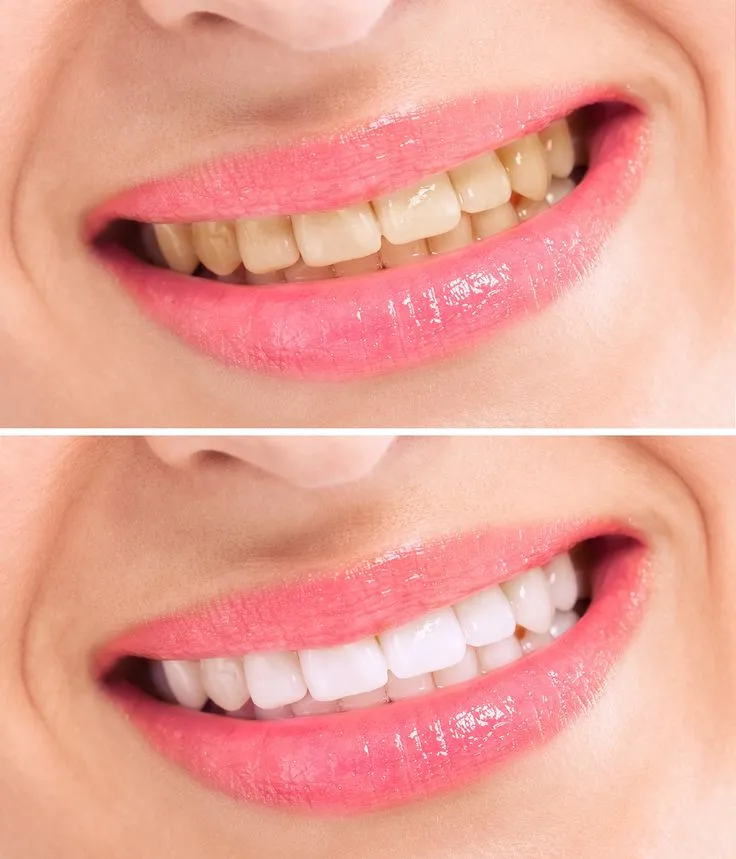What is Polysorbate 80?
Polysorbate 80 is a nonionic surfactant (emulsifier) commonly used in various products, including cosmetics, foods, and pharmaceuticals. It is derived from sorbitol, a sugar alcohol, and oleic acid, a fatty acid found in vegetable oils. Its primary function is to help mix ingredients that don’t typically blend well, such as oil and water. You might find polysorbate 80 in ice cream, cosmetics, and certain medications. While it has various industrial applications, its role in teeth whitening is something many people are now interested in. Understanding its basic properties is the first step in determining how it works in the context of oral hygiene.
The Role of Polysorbate 80 in Teeth Whitening
In teeth whitening products, polysorbate 80 often acts as a solubilizer and stabilizer. It helps to dissolve other ingredients, such as whitening agents, and keeps the product’s formula consistent. It can also help to disperse the whitening agent evenly across the surface of the teeth. Moreover, polysorbate 80 can act as a mild cleaning agent, helping to remove surface stains that contribute to the discoloration of teeth. Some studies suggest it may also improve the penetration of whitening agents, enhancing their effectiveness. As part of a teeth whitening solution, Polysorbate 80 helps to ensure that the active ingredients are uniformly distributed and effectively applied to the teeth’s surface, contributing to a more even and efficient whitening experience. Understanding its role is crucial for consumers looking for a comprehensive oral care approach.
How Polysorbate 80 Works to Whiten Teeth
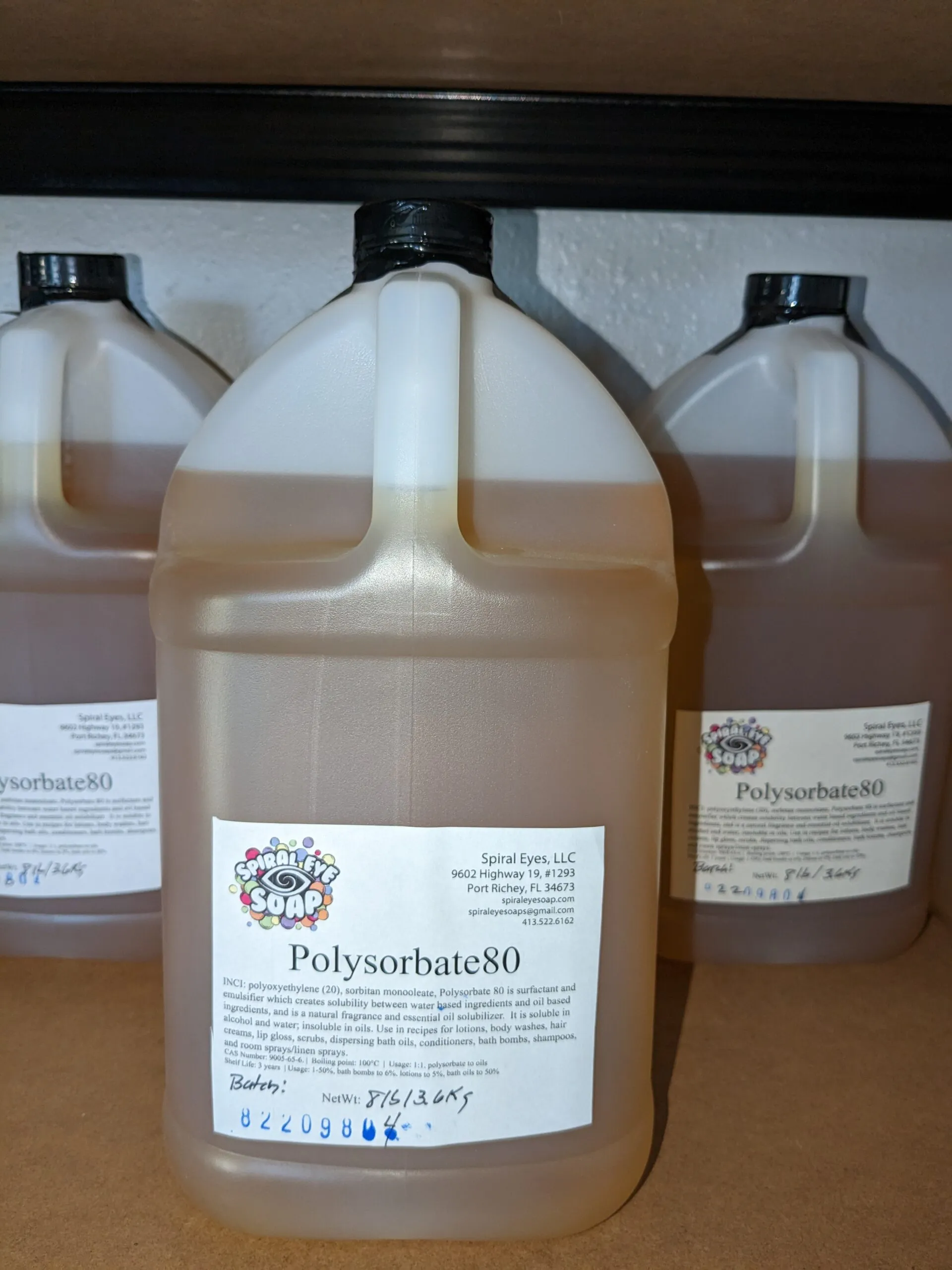
Polysorbate 80 doesn’t directly whiten teeth the way a bleaching agent like hydrogen peroxide does. Instead, it enhances the efficacy of other whitening ingredients. By acting as an emulsifier, it helps distribute whitening agents evenly across the tooth surface, ensuring comprehensive coverage. Additionally, its surfactant properties aid in the removal of surface stains, creating a cleaner surface for the whitening agents to work on. This combined effect means that it indirectly supports the whitening process by improving the effectiveness of the active ingredients. Polysorbate 80 is important because it makes sure other compounds work better.
Step-by-Step Guide to Using Polysorbate 80 for Teeth Whitening
If you’re using a product containing polysorbate 80 for teeth whitening, always follow the manufacturer’s instructions. Typically, this involves applying the product to a toothbrush or using a whitening tray. Ensure your teeth are clean and dry before application. Brush or apply the product to your teeth for the recommended time, usually a few minutes. Rinse thoroughly after use. Consistency is key; follow the advised usage schedule to see optimal results. Using a teeth whitening product with Polysorbate 80 can significantly improve your teeth, leading to a more appealing smile. Following these steps will help ensure effective and safe teeth whitening, contributing to a brighter smile.
Choosing the Right Polysorbate 80 Product
When choosing a teeth whitening product with polysorbate 80, consider the following factors. Look for products from reputable brands with positive customer reviews. Check the product’s formulation to see its other ingredients. Avoid products with a long list of artificial additives. If you have sensitive teeth, select a product specifically designed for sensitivity. If you have any allergies or are prone to irritation, check the ingredient list to avoid potential allergens. Consulting your dentist can provide personalized recommendations that will assist you in making a choice that best suits your dental health requirements and preferences.
Understanding Dosage and Application
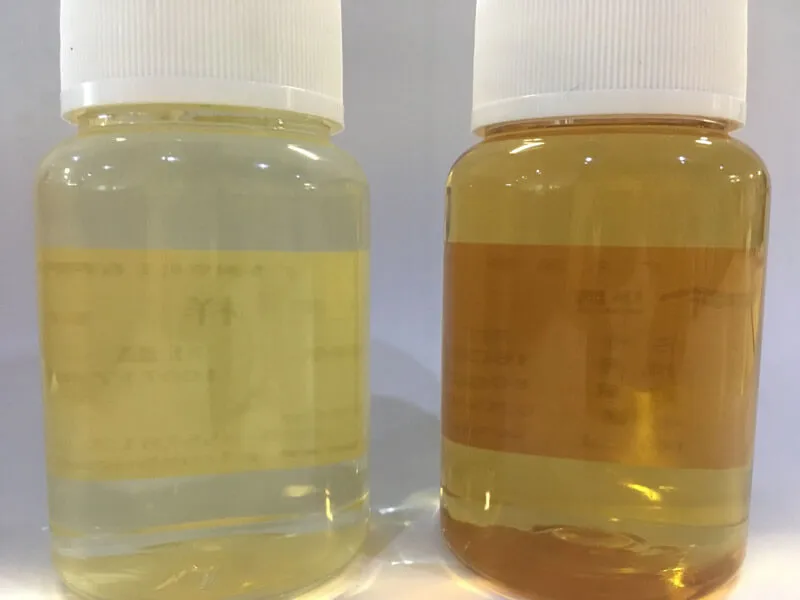
The dosage and application instructions for teeth whitening products vary depending on the specific product. Always refer to the product label for precise instructions. Generally, you’ll apply a small amount of the product to a toothbrush or whitening tray. The amount you need may depend on the product’s concentration and the method of application. Follow the recommended application time to avoid potential side effects like increased sensitivity. Overuse or exceeding the recommended dosage won’t necessarily lead to faster or better whitening results and could cause damage. Paying careful attention to the recommended dosage and application instructions will ensure the most effective and safe teeth whitening experience.
Proper Application Techniques
For effective teeth whitening, ensure your teeth are clean and dry before application. This helps the whitening agent adhere to the tooth surface. When using a toothbrush, apply the product evenly to all surfaces of your teeth, ensuring no areas are missed. If using whitening trays, ensure they fit snugly and cover all teeth. Avoid swallowing any of the product during application. After the recommended application time, thoroughly rinse your mouth with water. Be sure to clean your toothbrush or whitening tray after each use to maintain hygiene. Adhering to these practices helps in achieving a uniformly whitened smile. This way, you’ll get the best results and reduce any risks associated with the procedure.
Maximizing the Whitening Effects
To maximize the whitening effects of a polysorbate 80 product, maintain good oral hygiene. This means brushing at least twice a day and flossing daily to remove plaque and surface stains. Limit your intake of staining foods and beverages, such as coffee, tea, red wine, and berries. Regular dental check-ups and cleanings can also improve the whitening results. Consider using a whitening toothpaste to complement the product. Follow the product’s recommended usage schedule to ensure consistent results. By integrating these practices, you’ll not only enhance the whitening effects but also improve your overall dental health. Keeping the products and steps will help get a brighter and more confident smile.
Important Tips and Considerations
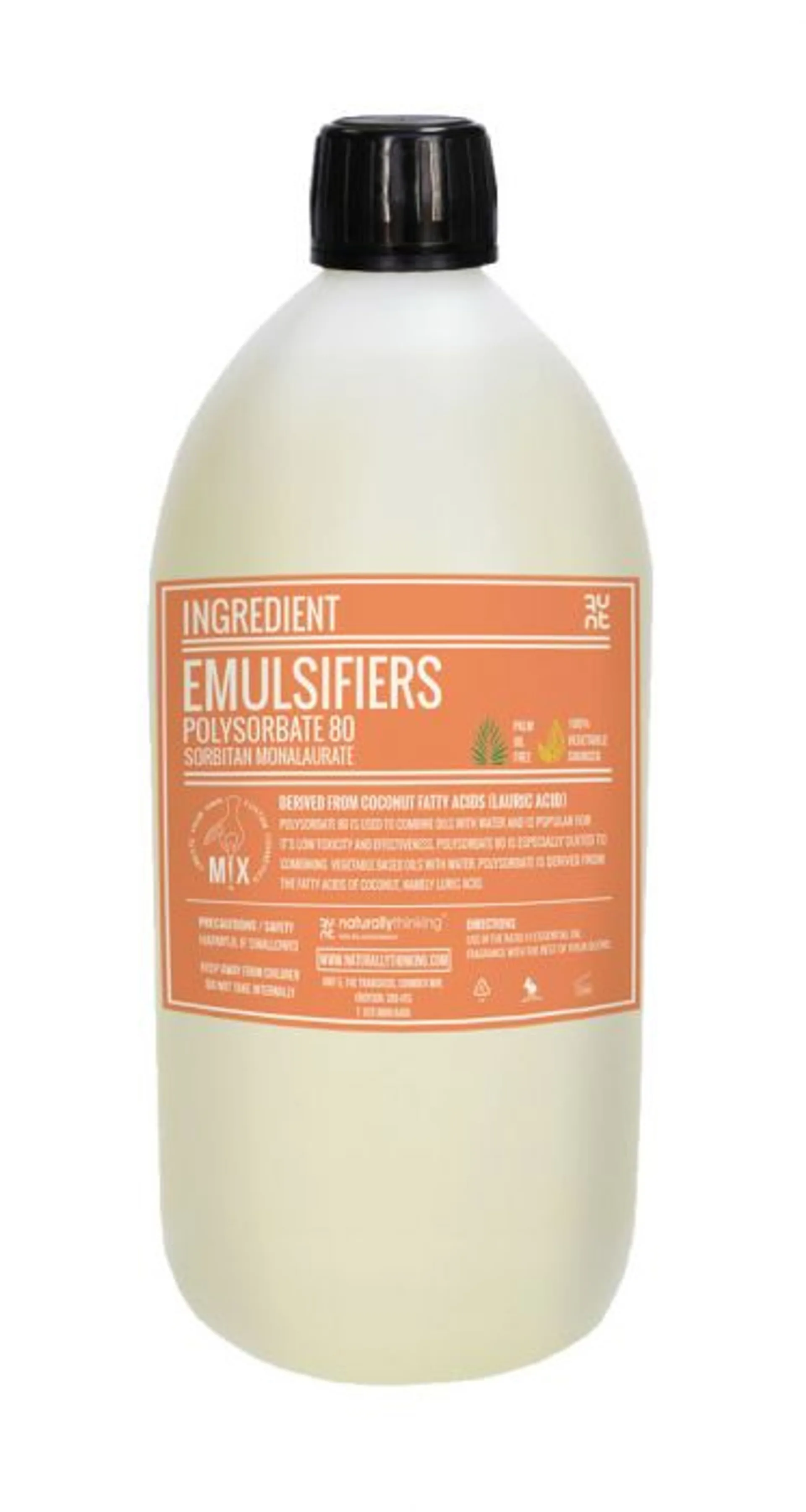
Before using a teeth whitening product with polysorbate 80, consult your dentist, especially if you have existing dental issues or sensitive teeth. Be aware that teeth whitening isn’t a permanent solution; results may vary based on individual factors. It’s crucial to manage expectations and understand that ongoing maintenance may be necessary. Avoid using the product if you’re pregnant or breastfeeding unless advised by your doctor. Always store the product as directed and out of reach of children. Following these considerations can contribute to a successful and safe teeth whitening experience, preventing any potential dental issues. Furthermore, it is important to stay informed on the latest dental health recommendations from your dentist.
Potential Side Effects and Precautions
Common side effects of teeth whitening products may include tooth sensitivity and gum irritation. If you experience any adverse reactions, discontinue use and consult your dentist. Avoid excessive use to minimize the risk of side effects. Ensure you use the product as directed to prevent damage to your enamel. If you have any dental work, such as fillings or crowns, consult your dentist about the potential impact on those areas. Always follow the manufacturer’s safety guidelines and directions to help reduce the risk of adverse effects. By taking these precautions, you can protect your dental health while achieving a brighter smile.
Alternatives to Polysorbate 80 for Teeth Whitening
If you’re looking for alternative teeth whitening methods, you have several options. Professional teeth whitening performed by a dentist offers the most effective and controlled results. Over-the-counter whitening strips, gels, and toothpastes can also be used. Some natural remedies, like baking soda and hydrogen peroxide, can help whiten teeth, but consult your dentist before using them to avoid potential damage. The best method for you will depend on your individual needs and dental health. Discussing these options with your dentist is essential to determine the most suitable approach for achieving a brighter, healthier smile.
Conclusion
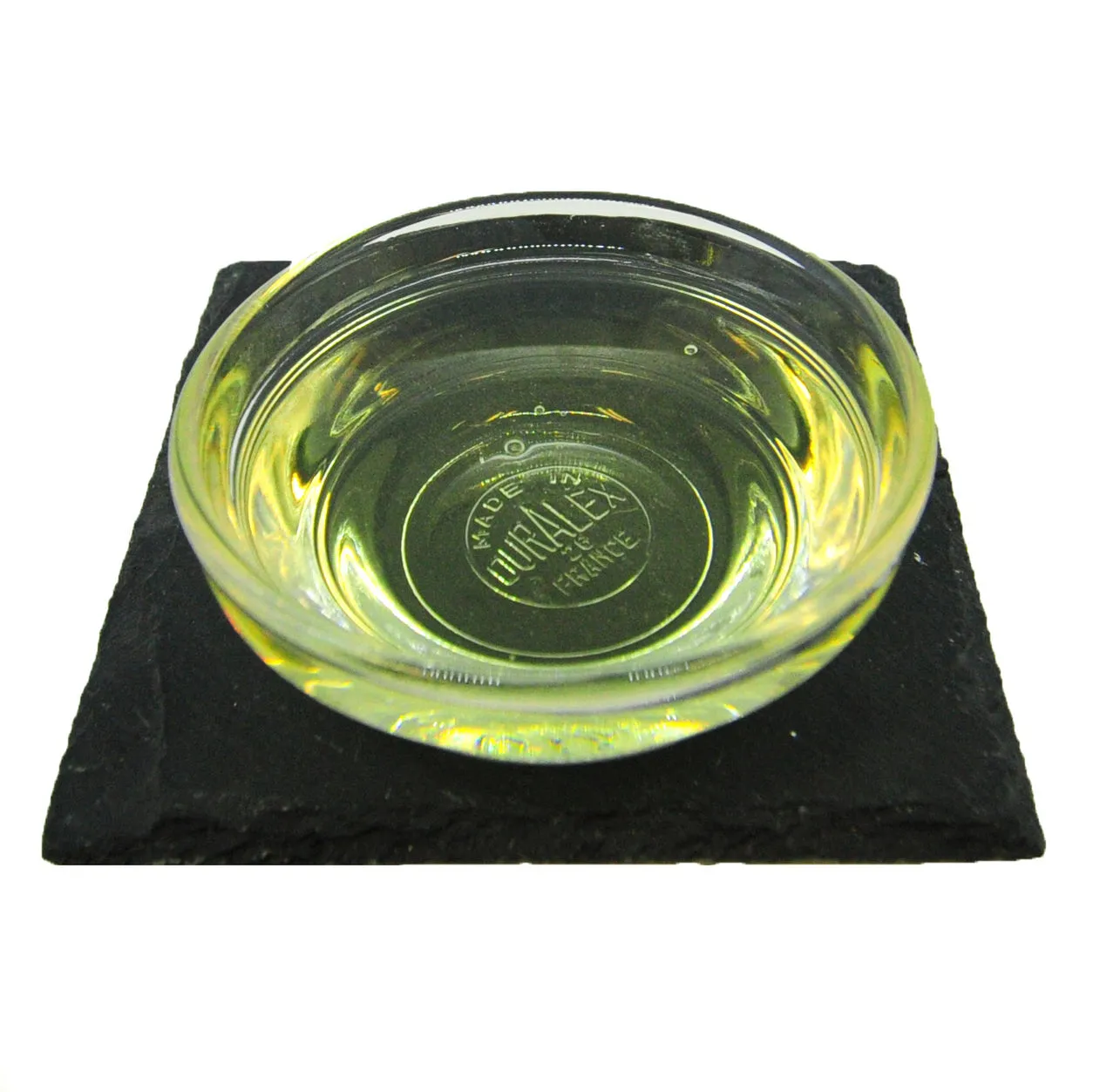
Polysorbate 80 plays a supporting role in many teeth whitening products by helping to distribute whitening agents evenly and remove surface stains. Following the provided guidelines ensures a safe and effective teeth whitening experience. While Polysorbate 80 enhances the effectiveness of the process, other methods like professional whitening or over-the-counter products may suit your needs and preferences. Maintaining good oral hygiene and following the manufacturer’s guidelines helps you achieve a brighter and more confident smile. It’s essential to consult with your dentist to get a personalized recommendation that suits your specific oral health needs.
